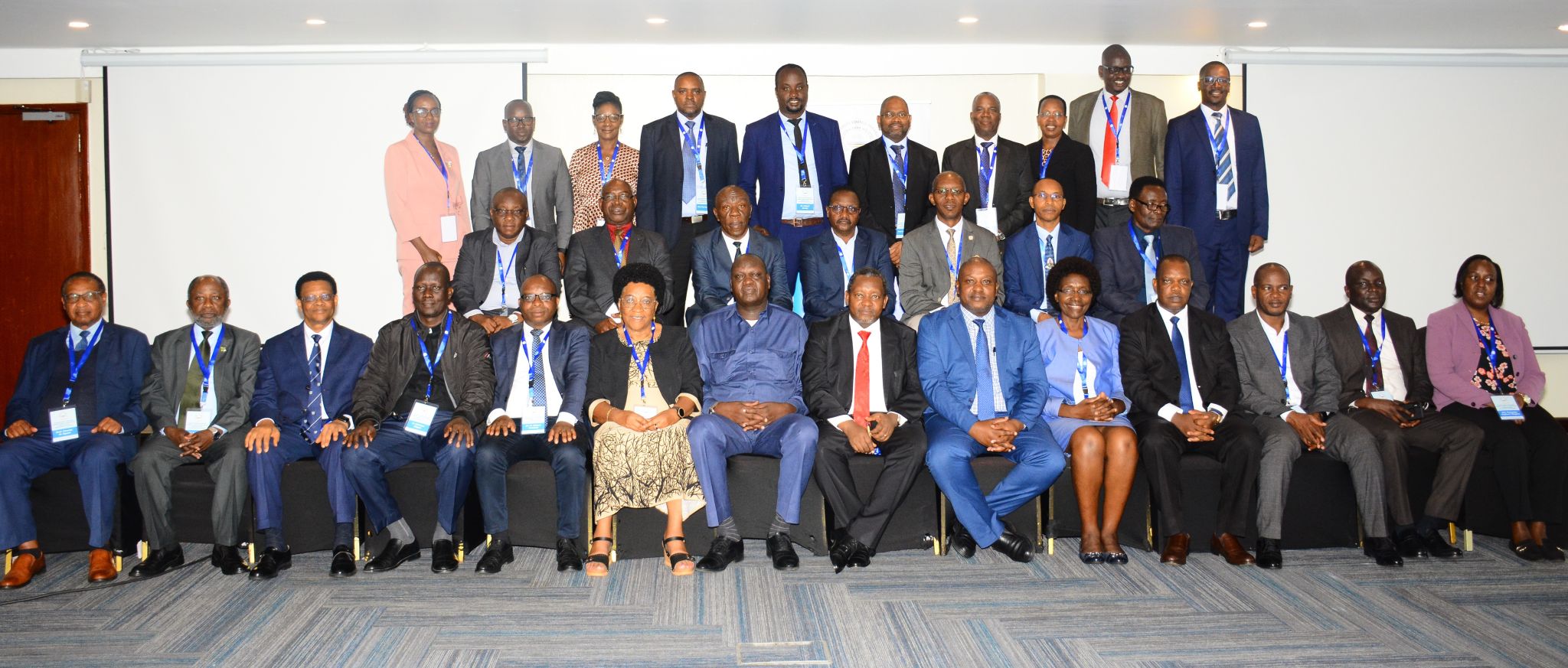Prof. Jude Lubega Joins other Vice Chancellors for the EAC-Student Mobility Consultative Meeting
Nkumba University Vice Chancellor, Professor Jude Lubega joined Vice Chancellors of both public and private universities from the EAC Partner States for the East African Community Student’s Mobility Scholarships Scheme (EAC-SMS) consultative meeting that took place last week in Nairobi, Kenya at the Sarova Panafric Hotel.
The two-day high-level consultative meeting saw Vice Chancellors resolve to back the EAC-Student’s Mobility Scholarships Scheme which they say will bolster the essence of the East African Community integration.
According to Prof. Jude Lubega, several issues were discussed on how best to actualize the academic scheme that is meant to benefit University students within the region, “a lot was discussed and we eventually set guidelines for IUCEA Students Mobility Scheme, we agreed that by September 2024, the scheme will kick off and Nkumba University will fully be part and parcel of this programme.
Executive Secretary of the Inter-University Council of East African Community (IUCEA), Prof. Gaspard Banyankimbona said, “This Scheme is meant to be our indigenous student exchange, inter-University, and Inter EAC Partner States programme and it is one of the ways to demonstrate the self-sustainability of students’ mobility in the region which will enhance our credibility towards the EAC community.”
The Inter-University Council for East Africa (IUCEA) is a strategic institution of the East African Community responsible for coordinating the development of higher education and research in the region.
Since the re-establishment of EAC in 1999 IUCEA assumed a broader role as a building block for the achievement of sustainable socio-economic development and regional integration of the EAC region.
The Treaty for the Establishment of EAC stipulates the call for Partner States to harmonize their education and training systems to provide for, among others, concerted efforts in the development of human resources, and mobility of people, labour, services, and further, the harmonization of higher education mandate as clearly articulated in the IUCEA Protocol 2002 and the IUCEA Act 2009.
Currently IUCEA comprises more than 130 universities, colleges, and other public and private degree-awarding institutions within the EAC with the vision of becoming the leading EAC Institution for a prosperous and sustainable East African Community.





















Discussion about this post